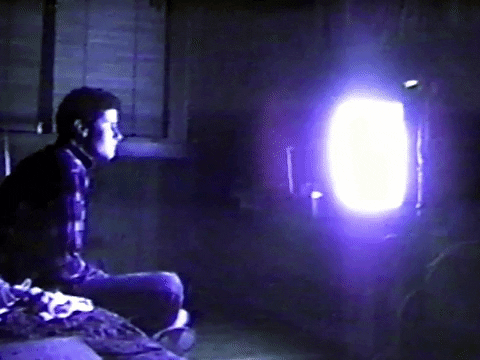Listen to Steve read this post (7 min audio) – let me know if you listened instead of reading this!
“Personally I think the idea that fake news on Facebook, influenced the election in any way — is a pretty crazy idea.” – Mark Zuckerberg, 2016.
The echoes of Zuckerberg’s statement back in 2016 resonate loudly today.
What may sound less crazy now is this: The 2024 US election cycle could possibly be the first authentic AI election. Donald Trump and Gov. Ron DeSantis have already used fake AI images of each other and we are still 16 months out from the vote.
This is an election where the capabilities of Generative AI will quite simply have a massive influence. We understand its potential, we anticipate its use, yet governments appear largely indifferent to its probable role in election campaigns. The potential repercussions on geopolitics and the global economy are staggering.
It’s almost a certainty that the forthcoming election will transcend the era of Facebook ads. We are venturing into a realm where an underlying uncertainty will accompany everything we witness. Our world has advanced past glitchy fakes into a phase that we term in AI as – ‘No Noticeable Difference’.
Democratization of Disinformation
Unless we personally attended an event, we may forever question its authenticity. Considering this evolving reality, along with the apparent legislative apathy, it’s crucial that we understand the redefined landscape of politics in the AI era.
Historically, election interference has been a costly and challenging endeavour, typically orchestrated by rogue states like Russia, China, and North Korea. And now, anyone with a laptop and personal election agenda can fabricate anything they choose.
This week Sir Bob Geldof interviewed me about AI.
So if you get me in to do my new Keynote on AI – you will be in very good company indeed.
He was astounded at what’s in store – Don’t miss out!
The Perfect Market
Generative AI thrives on the data set it’s trained on. In this context, politics is exceptionally vulnerable. The public life led by candidates offers a treasure trove of data, with endless recordings across media platforms providing rich training material. Combine this with the readily available Generative AI tools capable of generating near-perfect duplicates of voice, video and images, and the populace at large possesses the means to create what could be accepted as ‘real’ by an unsuspecting voter.
The true democratization of a technology is signified when it becomes integral to the political process. We’ve witnessed this evolution with print, radio, TV, and social media. The next stage in this progression is the advent of Generative AI.
Electoral manipulation is set to intensify exponentially. Digital falsifications will be of higher quality. Microtargeting will be significantly more potent, possibly reaching the granularity of individuals.
Political advertising can graduate from being hastily cobbled together talk pieces, to cinematic-quality productions potentially painting dystopian visions of the opposition in power, thus inducing irrational fear. Those who once lacked resources can now participate on par with nation states.
However, it’s the subtler uses and their societal implications we ought focus on.
Subtle Social Implications
For conscientious voters, we used to be able spot a fabricated picture, video, or statement. Especially if the political event or speech never transpired. Mainstream media generally does a commendable job at fact-checking in this regard.
But, if present-day AI is used to redub a speech, subtly modifying a few words or a sentence to distort a candidate’s message, with impeccably mimicked facial movements, the game changes entirely. Consider this happening after a presidential debate, with slightly manipulated footage making its way into the multitude of YouTube highlights reels. Discerning the truth from the fiction could become difficult indeed.
Once fake information permeates the political landscape, we risk descending into an era where cynicism usurps belief in everything we see. In such an environment, a candidate could deny anything claiming it is an AI-generated fiction. This would especially be the case with controversial or scandalous footage, they never wanted the public to see.
Post Media Reality
A crazy idea I have, is that we may enter a new post-media era. If the only things we know truly occurred, are those we witnessed with our own eyes, it would be akin to living again, in a world without newsprint, radio, Tv or the internet. When everything might not be real there’s a very good chance we won’t pay attention to any of it. And if that happens, the attention economy could end up eating itself out of existence.
—-
Keep Thinking,
Steve.
